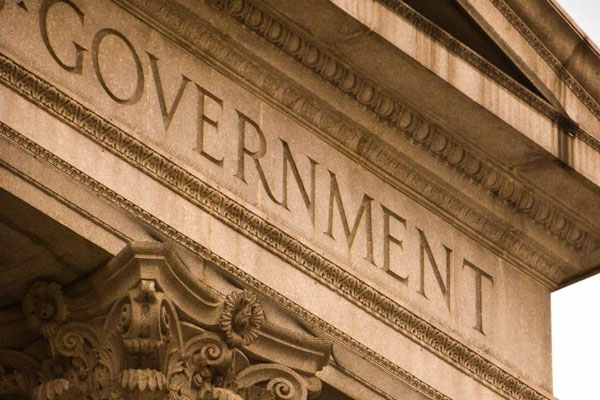Govt, not individuals should deliver social services

The burden is inevitably be shifted back to the taxpayer and to the electorate in an irregular cycle that impoverishes rather than improves social welfare. PHOTO | FILE
What you need to know:
- The issue: Social service
- Our view: The burden will inevitably be shifted back to the taxpayer and to the electorate in an irregular cycle that impoverishes rather than improves social welfare
Campaign spending and nomination fees are but a small fraction of the growing cost of engaging in politics in Uganda. Increasingly, elected individuals are dipping into their pockets to buy ambulances, build or contribute to the construction of health centres and pay school fees for hundreds of their constituents.
This has now come to be accepted as the norm; the price of one’s candidature and a possible explanation to why some members of parliament reportedly find themselves at the mercy of money lenders. There is hardly any room for one to pay off campaign expenses before the expectations from their constituents begin piling up.
Recently, some MPs have been grumbling about having to surrender Shs1m from their salaries as per Parliamentary resolution to fund education expenses for more than 200 children whose education was being funded by the late Jacob Oulanyah. Some legislators balked at the added burden on their earnings when they are already spending on similar causes in their constituencies.
The protest over the Oulanyah education trust signals a problem within a problem. The MPs who are complaining about their salary deductions should perhaps be working to solve the deeper problem that has politicians caught up in a web of social obligations that they should not be shouldering.
The politicians are wedged in the cracks resulting from inadequate provision of social services or growing poverty and dependence, all of which should not be their individual responsibility. Unless reversed, this trend only leads to individuals trying to throw money at a problem that is bigger than any one individual and which will eventually be passed around to the next person in line when the office bearer ceases to be or when they reach the limit of their resources and cannot afford it anymore.
While this trend has been noted and documented in political studies, very little is being done in the way of refocusing the spotlight and shifting the responsibility of providing social services back to where it belongs--with the government. The more people we have falling out of the social net and we continue to accept it as the elected individual’s obligation to pick up the slack, the more corrupted our political system is set to become.
The burden will inevitably be shifted back to the taxpayer and to the electorate in an irregular cycle that impoverishes rather than improves social welfare.




